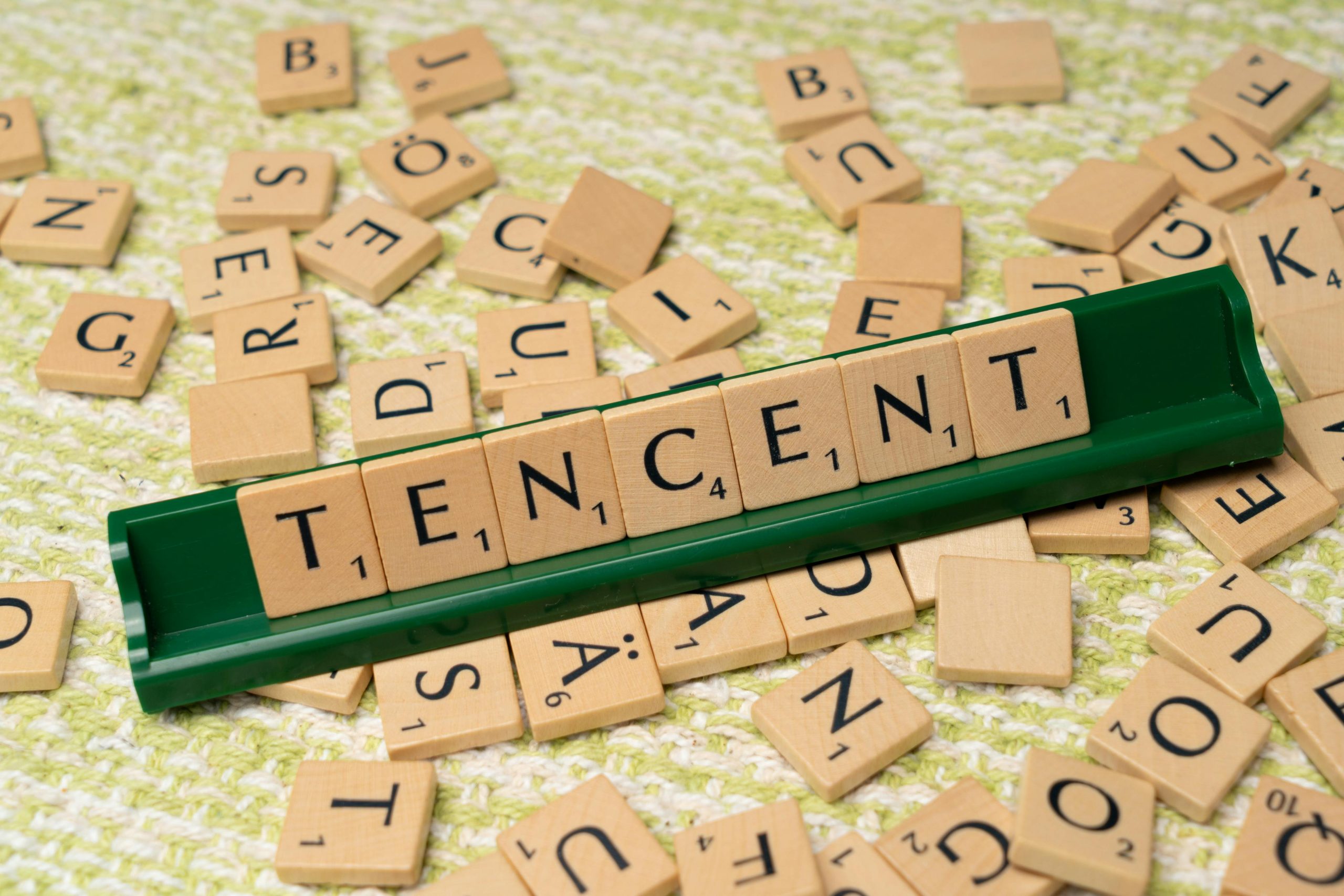Effective Research Strategies for High School Students: How to Get Started
Embarking on research projects can be an exciting way to deepen your understanding of subjects that interest you. If you’re new to research and wondering how to approach it, you’re not alone. Many students ask, “What are the best ways to start researching?” Whether you’re considering online sources, library visits, or a combination of both, having a clear plan can make the process much more manageable and rewarding.
Getting Started with Your Research Journey
-
Define Your Interests and Goals
Begin by pinpointing the topics you’re passionate about or curious about. Clarify what you want to learn—are you looking for general background information, specific details, or understanding different perspectives? Setting clear objectives helps guide your research efficiently. -
Explore Reliable Online Resources
The internet is a vast repository of information. Start with reputable websites, educational platforms, and online encyclopedias like Britannica or dedicated subject-specific sites. Be cautious of sources that lack credibility; stick to trusted organizations, academic publishers, and government sites. -
Visit Your Local Library
Libraries offer invaluable resources beyond what’s available online. Seek out books, academic journals, magazines, and other print materials. Librarians can assist in guiding you toward credible sources and effective research methods. -
Take Organized Notes
As you gather information, keep detailed notes. Summarize key points, record sources for future reference, and highlight areas that interest you most. This organization will make it easier to synthesize your findings later. -
Synthesize Your Information
You might find yourself blending different insights into a single document—this is perfectly fine, especially if your goal is personal understanding. Remember, the primary aim is to improve your comprehension, not necessarily produce a formal report unless needed. -
Reflect and Continue Learning
After gathering and reviewing your information, take time to reflect on what you’ve learned. Don’t hesitate to revisit sources or explore new angles. Research is an iterative process, and each step enhances your knowledge.
Understanding What Research Means
At its core, research involves seeking out information from various sources to build a clearer picture of a topic. It’s about asking questions, exploring different viewpoints, and gradually developing your own understanding. Think of it as a learning adventure—one that sharpens your critical thinking and broadens your horizons.
Final Tips
– Start small with manageable topics.
– Use diverse sources for a balanced view.
– Always evaluate the credibility of your sources.
– Keep your notes organized
